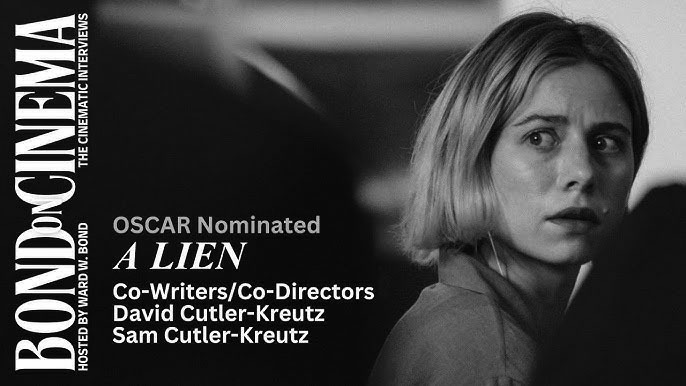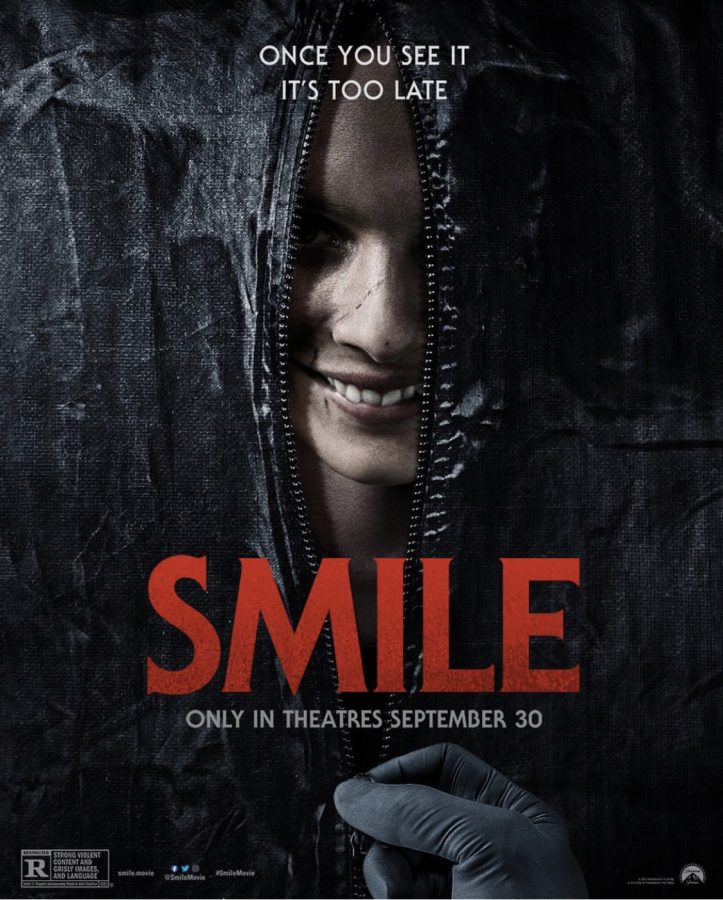Don’t let this cheesy title fool you; Hector and the Search for Happiness uses art and originality to transform a cliché’ narrative perspective into a fresh and inspiring one. Simon Pegg stars as Hector, a psychiatrist living an extremely ordinary life, who, after having a breadown with a patient, realizes how unfamiliar he is to the concept of living and being happy. Hector embarks on an escapade around the globe to interview people and research what is “happiness.”

The tone for the movie is set right away in a dream of Hector flying an old fashioned yellow airplane, reminiscent of the toy models from the 1970s. Eventually, he is awoken by his equally ordinary wife and they start what is implied to be the familiar routine of their everyday life. After having his wife dress and feed him (much like a child), we get a clear sense of Hector’s problem, and, in a way, we have trouble sympathizing with him. Eventually, however, we see that Hector has a more complicated situation in his head, as he finally feels compelled to leave his comfortable life in hopes of finding even more.
Normally, I’m not a fan of movies that outline the specific message; I enjoy room for interpretation in open-endedness. Whereas this movie follows a template I typically try to avoid, it does well to show the meaning of the movie as more of a suggestion, as opposed to shoving a belief down our throats; instead of saying arrogantly, “this is what makes you happy,” the film proposes, “well this could be something – after much consideration and thoughtfulness – that seems to be scratching the plastic sealing of a box that may contain a clue as to what may be a tiny aspect of happiness.”
As we see Hector speculate what causes people to be happy, we ultimately witness him going over what makes people unhappy. We sympathize with him in a wide array of emotions as he experiences beautiful human kindness and conversely human ugliness that at some points even threaten his life.
Ultimately, this movie inspires you to consider “what makes you happy?”









